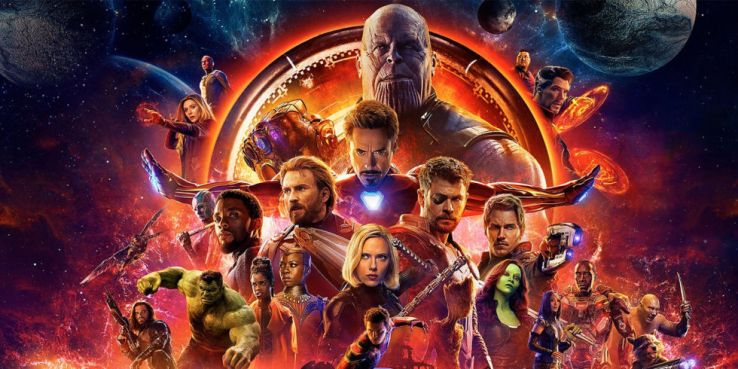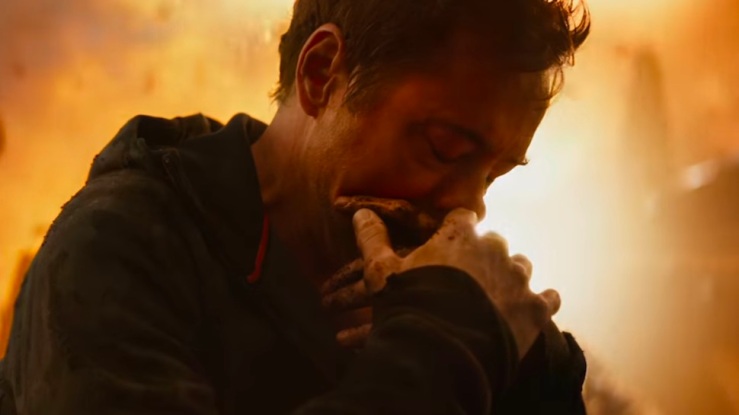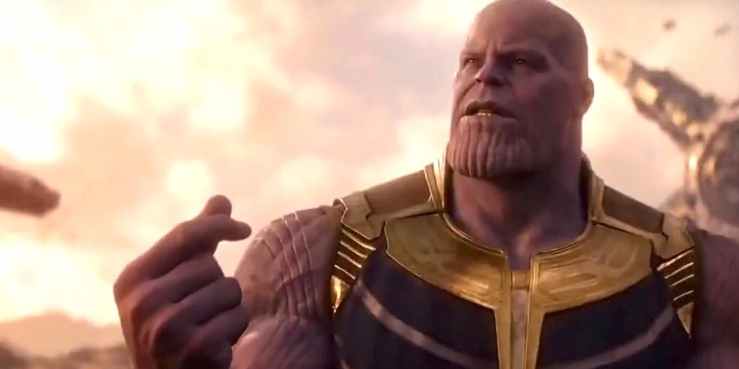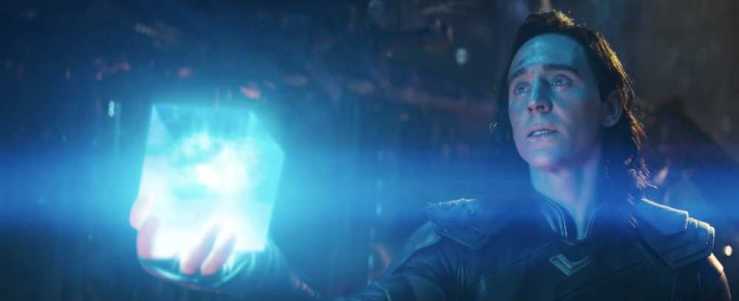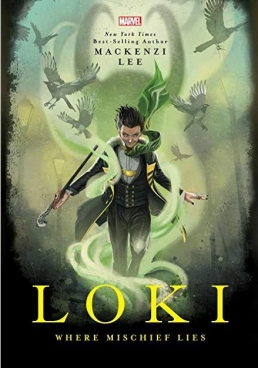
Title: Loki: Where Mischief Lies by Mackenzi Lee
Release Date: Fall Release (Sept 2019)
Rating: 5/5 Stars
Read as an Advanced Reader Copy from the American Library Association Conference
Representation includes gay, genderfluid identity, and pansexuality.
Non-Spoiler Review: (see below for longer, spoiler filled review)
Loki: Where Mischief Lies is the perfect blend of humor, mystery, and genuine emotions. Lee explores the ideas of toxic masculinity and identity through the lens of Asgardian family drama. If you are a fan of Loki from the comics or the movies, this novel fits in well with either continuity while bringing new depth to the character.
There are few characters better equipped to explore the ideas of identity and queerness than Loki, and it is exciting to see those sides of him take the forefront. The story also includes Loki solving mysteries in Victorian London and all the unimaginable fun that could come from those exploits. The book is engaging from start to finish and has a truly unpredictable plot. I laughed out loud and genuinely cried. I give this book my full recommendation.
Spoiler Review: Major plot twists will not be spoiled, however, if you want to go in as unspoiled as possible, stop reading here.
I cannot recover from how happy this book made me. I have loved Loki as a character since the first Avengers movie, and since then I have done a number of deep dives into the Marvel mythology and Norse mythology in general. There may be a Loki action figure beside me as I write this. So, the minute I found out that Mackenzi Lee was the person tackling this story, I could not wait for it to be in my hands. To say that I started out with high hopes might be an understatement, and yet it still exceeded my every expectation.
While in the comics and in Norse Mythology, Loki has always been a shapeshifter that switches gender at will, few have ever explored what that means for his self-identity. This book on the other hand, addresses Loki’s queerness explicitly as his identity comes in conflict with his father Odin’s idea of the Ideal Man (a note here, Loki uses masculine pronouns for himself, and thus I will also). Thor is Odin’s paragon of masculinity: tall, muscular, thinks with his fists. Loki prefers scheming to fighting, is slight of frame, and enjoys using magic to change the color of his nails. His favorite item in the story is a pair of high heeled boots. His identity also comes up against the rigid ideas of Victorian London where he meets an ostracized gay man named Theo. In one particularly good scene, Loki declares himself the “Enchantress” leading to confusion when the Londoners explain that this is a feminine name. Loki does not see any conflict there. He remains, not what people think he “should” be.
The theme of identity continues through the ongoing crisis of the book. Is Loki doomed to be the villain? Lee explores the question of whether Loki ever had a choice in the villain he became. If Odin and the whole of Midgard (for the uninitiated: Earth) already treat his turn to evil as a bygone conclusion, what can he do to be the hero? It is a complicated and deeply emotional exploration of the character. He is no simple black-and-white bad guy, and in this novel, the tension in his character is given the room to breathe it deserves. The psychology of identity presented in this story is incredibly well thought out.
The London crew, known as the SHARP society, that Loki goes to Earth to help also deserves all possible praise. Mrs. Sharp is a feminist icon set in contrast with the prudish Victorian society. She brazenly wears pants and solves mysteries despite being a (Victorian gasp) woman! Theo serves as a perfect counterpoint to Loki and acts as his Watson (and perhaps something more, but I leave this piece for you to discover, readers).
If you do not know the Marvel universe, the book sets up the story and characters in such a way that this can easily be an entry point. On the other hand, if you are already shouting Excelsior and dissecting the Easter Eggs in Endgame, the book has a lot of great details for you to enjoy including one that counts as way too big of a spoiler to say here, but everyone who reads Loki can be excited to gasp about when it happens. The story can easily be read as a prequel to the first Thor movie, and sets it up effectively. If you enjoyed the recent comics run of Loki Agent of Asgard, this is definitely going to be right up your alley.
Already clocking in at just over 400 pages, I wished the story was twice as long, yet it felt totally satisfying. I found myself luxuriating in the writing style and characterization. In case I have not already made it abundantly clear, this was one of my favorite reads this year and a book I plan to return to. As my Lord of Lies would say, I am burdened with the glorious purpose of making sure that this September you do not sleep on this title.
